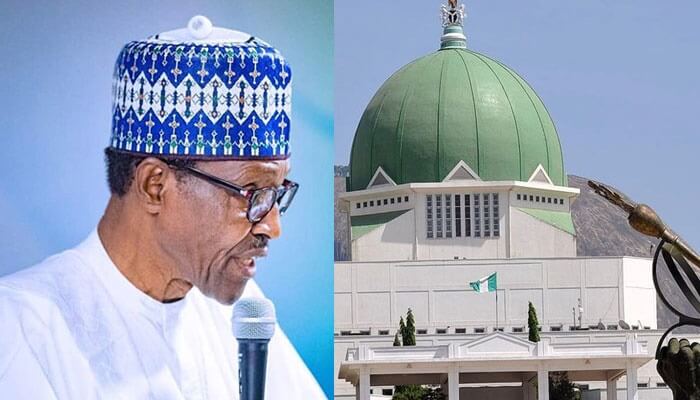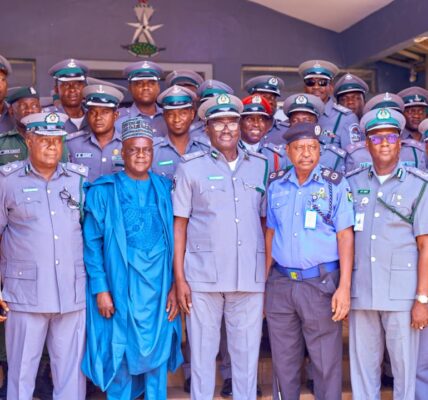The global standard tenets in corporate governance are resting on the tripod of disclosure especially when it comes to issues of financial expenses either in private or public life.
Granted that the above remains a ground norm, it means that the worries of stakeholders in the Nigerian state in demanding to know more or better put, carried along on the transactional processes and procedures that had trailed all infrastructure-tied loans flowing from China since the beginning of the current administration of President Muhammadu Buhari.
Otherwise, the apparently observed secrecy clouding the processes and signings that ushered several loans and contract execution in the country may have activated high allegations of massive corruption and blatant violation of national laws and due process.
There are strong growth in frayed nerves within the ranks of the members of the National Assembly on the way and manner the executives have been handling issues relating to borrowing money from China and tying same to delivery of infrastructure without proper disclosures especially in rail development and even power projects.
Business Hilights Abuja Bureau chief reports that the key issues worrying a large section of members of the National Assembly remains the after effects that will face the country either when the present administration goes without settling all the loans or when China may begin to go after some of the projects for management in case there is a default in debt settlement somewhere along the line.
For instance, China is currently controlling and managing several deep pocket projects delivered with such infrastructure-tied loans in some African countries including the Port of Tanzania and others.
It is a known fact that Nigeria and China have in recent times, entered into funding deal reportedly standing at $47 billion and spread across 22 major infrastructural projects in which the National Assembly may not have been put in the know.
Now, the current agitations backed by some civil society organisations are coming at a time when other African countries, including Kenya, are unravelling massive corruption in loans and contracts led by China.
Recall that a Kenyan activist, Okiya Omtata, had since 2013 questioned the Kenyan government in court, demanding details of pacts signed with China, especially the agreement on a $3.2 billion standard gauge railway. Investigations which examined the cost of the project last week exposed the inflation of the contract cost.
The scoop blew up when the Natural Resource Governance Institute (NRGI) alerted Africans to the fact that resource-backed loans hovering around $164 billion with 77 per cent coming from two Chinese banks, China Development Bank (CDB) and the China Eximbank, were shrouded in secrecy and crippling debt levels in developing countries.
The key worry is that the executives are not carrying the National Assembly along in discussing terms and conditions of all the infrastructure-tied Chinese loans.
Besides, fact checks tend to suggest that most of the deals ran afoul of the prevailing Public Procurement Act and other relevant regulations governing access to loan for the public good.
Another angle of worry is the way and manner the Federal Executive Council (FEC) may have been making deep pocket approvals without due recourse to the provisions of the Bureau of Public Procurement (BPE), which actually vests in BPE, the powers of negotiating such deals in the first instance and not the FEC after all.
However, until the issue is raised at the floor of the National Assembly and deciphered with the intelligence and maturity it demands, analysts fear a seriously looming financial confusion for the country in the nearest future.









